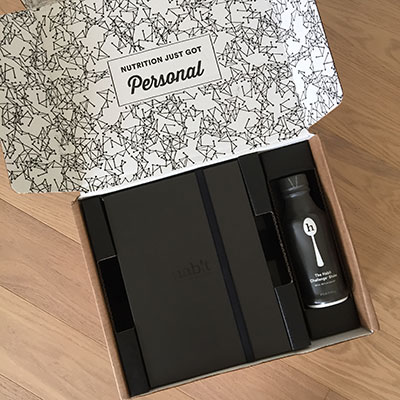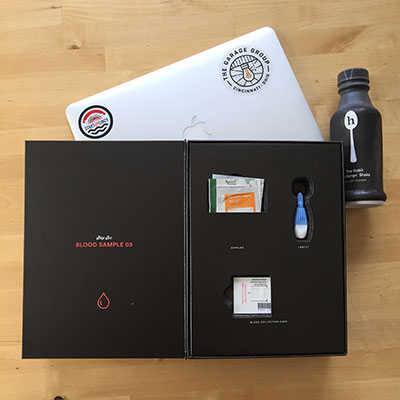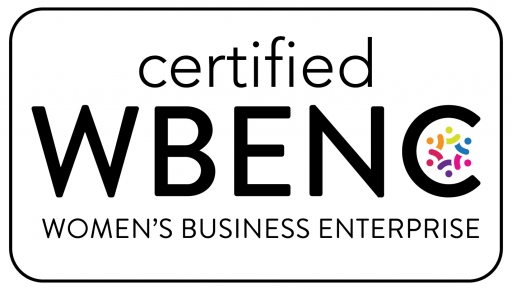In our 2017 Expo West Trends Report, we noted the growing voice of consumers asking for the ability to personalize their own nutrition and wellness plan. Instead of guessing and elimination diets, a slew of in-home kits allow consumers to get direct access to real data that lets them personalize their wellness plan. We’ve kept an eye on the trend since Expo West, and wanted to note some advancements.

Habit, the Campbell-backed startup that allows “personalization from test to table,” recently pushed its boundaries beyond California, to nationwide availability of testing. We couldn’t help but order a kit ourselves.

With 3 quick finger-prick blood samples, 3 inside-of-cheek swabs, the kit is minimally invasive, and is completed from your own home. It’s stunningly designed, with clear steps on each “page” of the kit “book,” along with a video that explains the process. We’ve done our fair share of at-home medical tests, each with sub-par usability, and Habit is like comparing apples and oranges – they’ve made this kit with the user in mind. We can’t wait to get our results back!
Also noteworthy on the personalized, at-home-test kit front, 23andMe is back in good standing with the FDA, as of April, even being allowed to provide genetic risk information for 10 diseases (with lots of disclaimer screens on how risk is differentiated from diagnosing or developing the disease). They’ve rolled out more functionality than was previously allowed. Further demonstrating their traction, this week Sequoia Capital was reported to be leading a $200 million funding round for genetics research and further product development at 23andMe.
Advancements in wearable data-collecting devices are a noteworthy part of this personalization trend, as well. Garmin and Fitbit have been growing their trackable data options, but the market continues to fragment beyond the key players. Key influencers in the wellness sphere have shared about ŌURA over the past year, which “brings you actionable insights about your well-being so you can be ready for what’s next.” Where Habit helps personalize diet and nutrition, OURA “helps you understand how your lifestyle choices affect your sleep & performance,” enabling wearers to make decisions to maximize their “readiness.”
Supplements don’t have to be “trial and error” now, either. Care/of uses a questionnaire about goals, lifestyle and values to suggest personalized supplements.
While not fully personalized, Brandless and Thrive Market take typical grocery shopping a step closer to personalized with “values” that can be shopped on, as filters: Non-GMO, Paleo, No Added Sugar, and more.
Gone are the days where a “one size fits all” plan is appealing or acceptable to consumers. In the era of personalization, they expect healthcare providers, nutrition plans (and increasingly food and beverage products) and other aspects of their wellness to be personalized.


